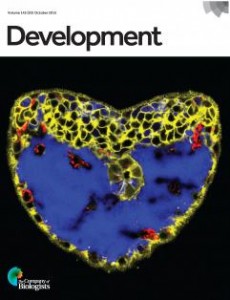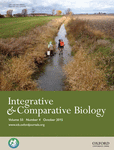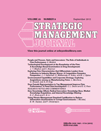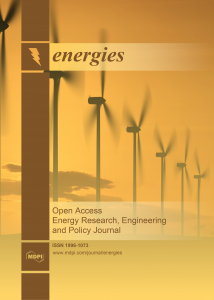![]() A 2013 review article about tuberculosis is being retracted for “unacknowledged re-use of significant portions of text” from another article, which the first author said wasn’t intentional.
A 2013 review article about tuberculosis is being retracted for “unacknowledged re-use of significant portions of text” from another article, which the first author said wasn’t intentional.
Sayantan Ray, based at Medical College and Hospital, Kolkata in India, told us that “most of the unchanged text” is present in sections written by junior co-authors. Since there doesn’t appear to be any attempt to cover it up, he argued anyone responsible for the plagiarism must not have realized it was wrong:
You can appreciate that this type of obvious similarity can only happen when the concerned person [does] not have any idea about [the] plagiarism issue.
According to the notice, published by Therapeutics and Clinical Risk Management, most of the re-used text appears to have come from a 2012 paper in the Indian Journal of Medical Research. Here’s more from the notice:
Continue reading Plagiarism was “not an intentional act,” says first author of retracted TB paper


 We’ve uncovered a “
We’ve uncovered a “

 A
A  The
The  An electrical engineering
An electrical engineering 